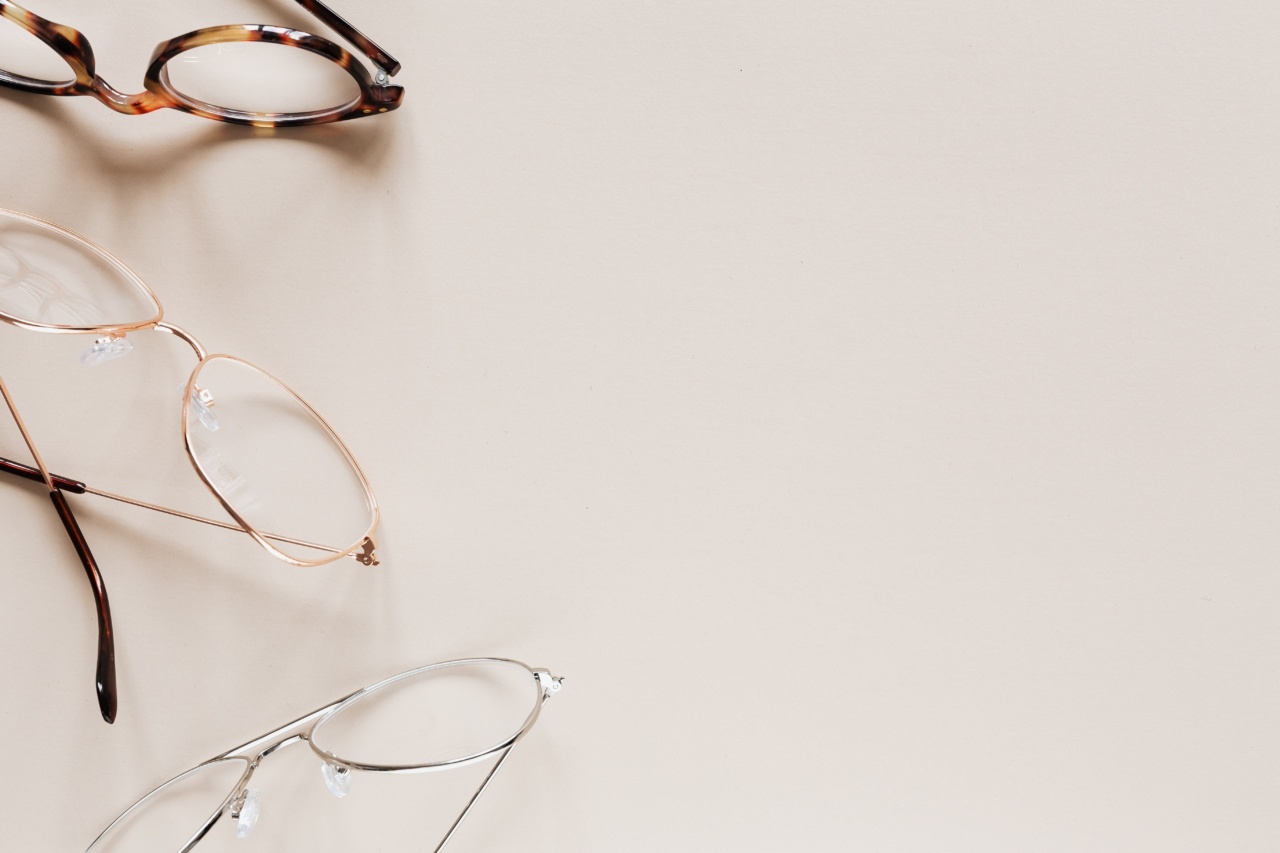The eyes are one of the most important organs of the body. They help us perceive the world around us and allow us to perform most of our daily activities.
It is therefore important to take care of them and protect them from various environmental factors that can affect their health.
1. Wear Protective Eyewear
If your job involves working in an environment that exposes you to hazards such as chemicals, flying debris, or radiation, wear protective eyewear to prevent damage to your eyes.
Activities such as playing sports or swimming also require protective eyewear such as goggles to prevent injuries.
2. Give Your Eyes a Rest
Be sure to give your eyes a rest by taking breaks when working on the computer or while doing other activities that strain your eyes.
The 20-20-20 rule is recommended for computer users where after every 20 minutes look away from your screen and focus on an object 20 feet away for 20 seconds.
3. Get Adequate Sleep
Lack of sleep can lead to eye problems such as twitching, dry eyes, and blurry vision. When you sleep, your eyes get time to rest and repair themselves, therefore getting adequate sleep is important for eye health.
4. Maintain a Healthy Diet
A diet that is rich in fruits, vegetables, and other sources of antioxidants can help prevent eye problems such as cataracts and age-related macular degeneration.
Foods such as salmon, eggs, and almonds are rich in omega 3 fatty acids which are important for the health of the eye.
5. Avoid Smoking
Smoking not only increases the risk of lung cancer and heart disease, but it also increases the risk of developing cataracts, age-related macular degeneration, and other eye problems.
Quitting smoking will help protect your eyes and reduce the risk of eye diseases.
6. Manage Chronic Diseases
Chronic diseases such as diabetes, hypertension, and high cholesterol can lead to vision loss if left untreated. Managing these conditions through medication, lifestyle changes, and regular checkups is important in preventing vision loss.
7. Practice Good Hygiene
Wash your hands regularly especially before touching your eyes to prevent the risk of infections. Avoid sharing towels or other personal hygiene items to prevent the spread of eye infections.
8. Protect Your Eyes from the Sun
Exposure to UV rays can lead to cataracts, age-related macular degeneration, and other eye problems. Protect your eyes by wearing sunglasses or hats with brims that cover the eyes when outdoors in the sun.
9. Use Eye Drops
If you suffer from dry eyes, use artificial tears or eye drops to lubricate the eyes and prevent dryness. Eye drops can also be used to reduce redness and irritation in the eyes.
10. Get Regular Eye Exams
Regular eye exams are important in identifying eye problems early and preventing vision loss. Adults should have their eyes examined at least once every two years or as recommended by an eye care professional.
Children should also have their eyes tested before beginning school and regularly thereafter.



























